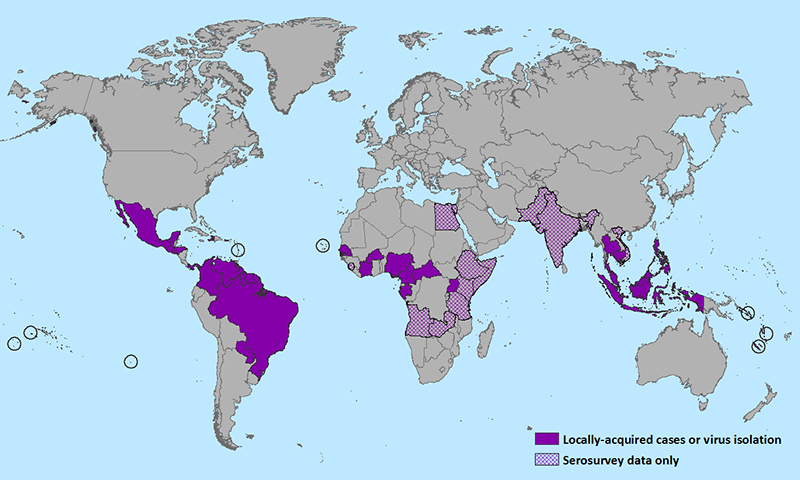
The World Health Organization declared the Zika virus to be an international health concern on Monday because of its suspected links to cases of birth defects.
The main concern surrounding the virus, which is transmitted by mosquitos, is its possible link to microcephaly, a birth defect in which babies are born with abnormally small heads and brain damage.
An outbreak was first detected last May in Brazil, reporting about 3,700 suspected cases, and has spread into surrounding countries in Latin America. It could affect nearly 4 million people by the end of the year, according to WHO.
The WHO's director-general Dr. Margaret Chan said that though the Zika virus has not yet been scientifically proven to be linked with microcephaly, "as a precautionary measure, a coordinated international response is needed to minimize the threat in infected countries and reduce risk of international spread."
The official declaration from the WHO will pave the way for more financial funding and coordinated global action.
Studies on the connection between Zika and microcephaly will begin in two weeks according to Dr. Chan during a press briefing.
The Center for Disease Control and Prevention advises pregnant women to avoid travel to the region and to take cautionary measures by using mosquito repellant and wearing long clothing.


















